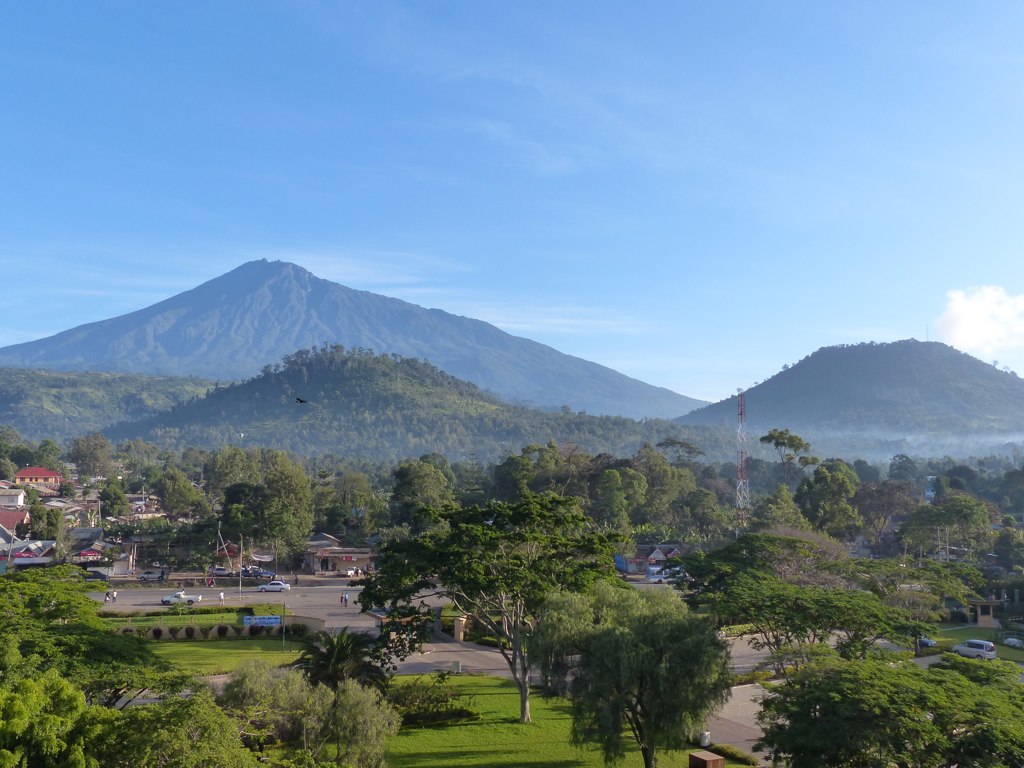On 6 June 2016, Wayamo will be launching the “Fighting Impunity and Ensuring Accountability in East Africa” project at the Mount Meru Hotel in Arusha, Tanzania. This event is the centrepiece of a four-day series of engagements bringing together experts on international criminal justice, human rights activists, academics and practitioners from the field of international and transnational criminal law and members of civil society, to discuss judicial measures designed to ensure accountability for serious crimes and to develop possible networks for enhancing judicial co-operation and exchanging crucial information in the region.
The “Fighting Impunity and Ensuring Accountability in East Africa” project (2017-2018) aims to strengthen the rule of law and the capacity to deal effectively with complex and transborder crimes. This timely project stems from the reality that the rule of law and access to justice are an essential component of international crisis management as well as key components in the development of peaceful democracies.
Only with accountable, transparent and reliable structures assuring the investigation and prosecution of core international crimes and transnational organized crime can societies move on to peaceful coexistence safe from cycles of recurring violence. This cannot be achieved solely at an international level. The capacity of states to investigate and prosecute international crimes must be strengthened at the national level, whilst respecting state sovereignty and bolstering regional cooperation and support.
For the duration of this project, the Wayamo Foundation and the Africa Group for Justice and Accountability (AGJA), will apply their expertise and knowledge and experience in four countries: Tanzania, Kenya, Uganda, and Rwanda.
The proposed model has four pillars, combining:
-
- Capacity building for investigative, prosecutorial and judicial staff;
- Building a network of Directors of Public Prosecution and Heads of Criminal Investigation Departments;
- Sensitive stakeholder diplomacy; and
- Public outreach and awareness building.
OBJECTIVE #1
Building the capacity of national legal system
The Wayamo Foundation will organise and convene capacity-building training sessions and retreats for prosecutors, investigators and judges from the four project countries.
Drawing on its roster of experts from across Africa and the world, capacity-building and training exercises will aim to build staff capacities, as well as foster synergies between the international criminal justice community and national legal actors. Doing so promises to make the principle of complementarity meaningful in practice.
OBJECTIVE #2
Developing a network of Directors of Public Prosecution and Heads of Criminal Investigation Departments
The Wayamo Foundation will also support the development of a network of Directors of Public Prosecution and Heads of Criminal Investigation, Departments in order to facilitate the exchange of relevant knowledge and experience, develop expert guidelines, and enhance regional cross-border collaboration on international and transnational criminal cases.
OBJECTIVE #3
Involving key decision makers and high-level officials
The project will engage with key stakeholders and influential players, such as the East African Community, East African judicial systems and the African Union (AU), to further political and regional collaboration and create trust and commitment among stakeholders. Diplomatic efforts will be led by a team of Wayamo and AGJA members, which will conduct diplomacy visits and meetings.
OBJECTIVE #4
Engaging civil society and media
Through activities, such as public conferences, high-level debates and symposia, the public will be informed of the significance and importance of a functioning judicial system and accountability. Furthermore, journalists will be trained to report truthfully and objectively. A population that is well-informed by well-trained media has the potential to contribute to greater understanding of justice for international crimes and to sustained pressure for justice.
SUMMARY
The combination of the above programme outcomes – increased competencies, leadership networking, stakeholder diplomacy, and public and media empowerment – will serve to create an environment conducive to structural, policy and systemic improvements.
PROJECT COUNTRIES
East Africa: from its base in Arusha, the project will be covering Tanzania, Kenya, Uganda and Rwanda.
BENEFICIARIES
Some 200 judicial members plus thousands of members of civil society in the target countries.
PARTNERS
Judiciaries, Public Prosecution Offices, Criminal Investigation Departments of the four project countries, as well as members of civil society, the East African Community and the East African courts.


